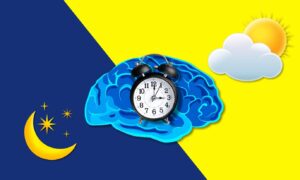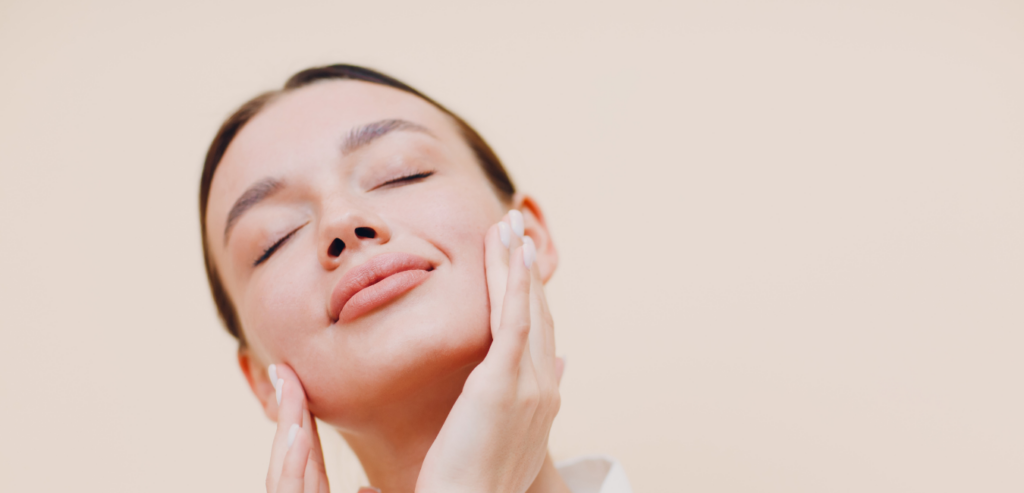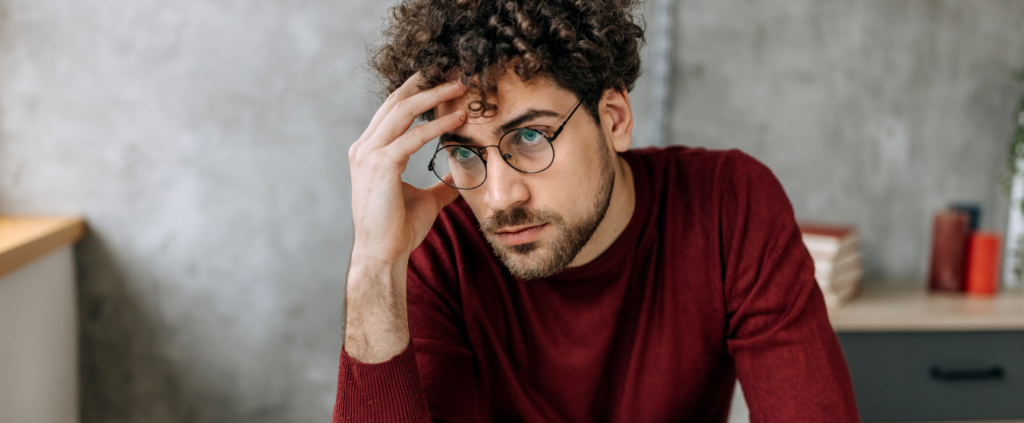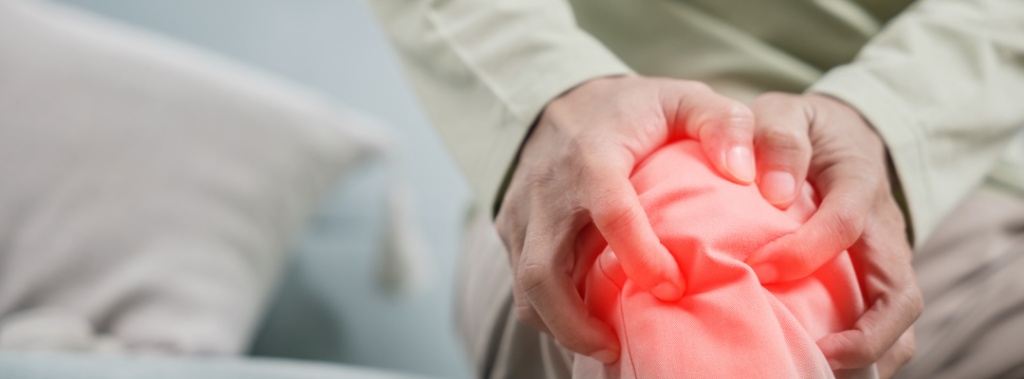Unlocking the Secret of Sleep: Insights from Dr Sara McNeillis
World sleep day occurs every year on the 15th of March and this year we asked Dr Sara McNeillis to provide some insights on the importance of sleep.
Sleep is something we take for granted. It is important to understand how essential sleep is.
Firstly, sleep is a process like most processes in our body it is controlled by hormones and regulated by our internal body clock. The body clock is entrained and re-programmed each day by light that we see and by the release of a hormone called melatonin at night. Without this, our body clock would run freely and eventually be out of sync with day and night of the earth cycle.
The body clocks are present in all our organs they receive a signal from the master clock called the suprachiasmatic nucleus in the brain to synchronise all the organs to the correct time of the day and night.
Sleep is also under the extra influence of a substance called adenosine, this substance builds up during waking hours and will cause more and more sleepiness the longer we are awake. One interesting fact of adenosine is that it can be blocked by caffeine temporarily and lose its effect for a period of time, therefore we feel more awake after drinking caffeine containing drinks.
We cannot force ourselves to sleep but can encourage sleep to occur at the right time of the night. During the night sleep progresses through cycles and each cycle is slightly different from the last one but have two main stages in each. One is slow wave or deep sleep and the other dreaming or “random eye movement” (REM) sleep. Each cycle lasts approximately 90 to 100 minutes, and we should generally have 4-5 cycles per night. On average we should therefore have approximately 6-8.5 hours.
Sleep has now been shown to be important for health. It boosts our immune system and helps our bodies generating powerful antioxidants. It rests our cardiovascular system and reduces our blood pressure at night to rest the heart. It allows our body building hormones to be released to help the body repair and recover.
Without sleep we would feel more forgetful, with brain fog; have gastric system dysfunction and have a risk of developing high blood pressure. We would also release our stress hormones which would eventually result in long-term harm.
Sleep disorders such as insomnia and obstructive sleep apnoea can interfere with our quality of sleep and hours of good sleep.
The easiest way to maintain good sleep is to follow sleep hygiene guidelines, keep to regular hours of sleep and maintain a good lifestyle to help the body to sleep.
Sleep Hygiene Advice
During the day
- Avoid napping during the day as this is likely to interfere with your usual bedtime. Particularly avoid napping in the evening.
- Avoid taking drinks which contain caffeine within four hours of bedtime. Caffeine containing drinks are stimulants which can prevent you from falling asleep. Examples of caffeine containing drinks are tea coffee cola. Chocolate contains caffeine as well.
- Avoid drinking alcohol at night. Although you may feel this helps you sleep it will cause sleep disturbance in the latter half of the night, which may result in you feeling unrefreshed in the morning.
- Try to exercise regularly. Vigorous or strenuous exercise can be done in the morning or early afternoon. Light relaxing exercise such as yoga can be done in the evening but ideally not two hours before bedtime.
- Avoid heavy meals just before bedtime. If you have dietary problems don’t experiment with foods in the evening.
At night
- Make sure your bed is comfortable and reserve bed for sleep or sexual activities only. Avoid watching television in bed also avoid using the computer before bedtime.
- Ensure you can block out noise and light from your bedroom e.g. blackout blinds or curtains. You can also use ear plugs or eye shields.
- Make sure your room is not too hot or too cold.
- During the evening, set aside a period to deal with your worries, make a list of things you can tackle the next day.
- Before you go to bed try to keep to a routine such as taking a warm bath, drinking milky drink, and using deep breathing exercises or relaxation tapes.
- Only go to bed when you are sleepy.
- If you cannot fall asleep within 15minutes, get out of bed, and sit quietly in another room with dim light until you feel sleepy again. You can do some light reading but do not use the computer or watch television.
- If you wake in the middle of the night and cannot get back to sleep, try to do the same.
If you still cannot get good sleep despite these efforts, you may be able to get help from your GP or ask for a referral to a sleep specialist.
About Dr McNeillis
Dr Sara McNeillis is a distinguished specialist in the diagnosis and management of sleep disorders, and has over ten years experience in managing sleep apnoea, restless leg syndrome, parasomnia, narclepsy and insomnia. She is a Consultant in Sleep medicine and Anaesthesia at the Royal National Throat, Nose and Ear Hospital in UCLH. Dr McNeillis is also an Honorary clinical lecturer at the University College London where she is involved in research into patients with sleep disorders.
To find out more about Dr McNeillis and to book and appointment, click here.





